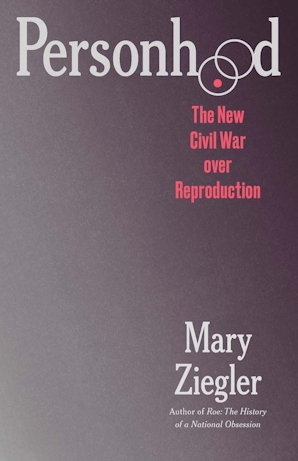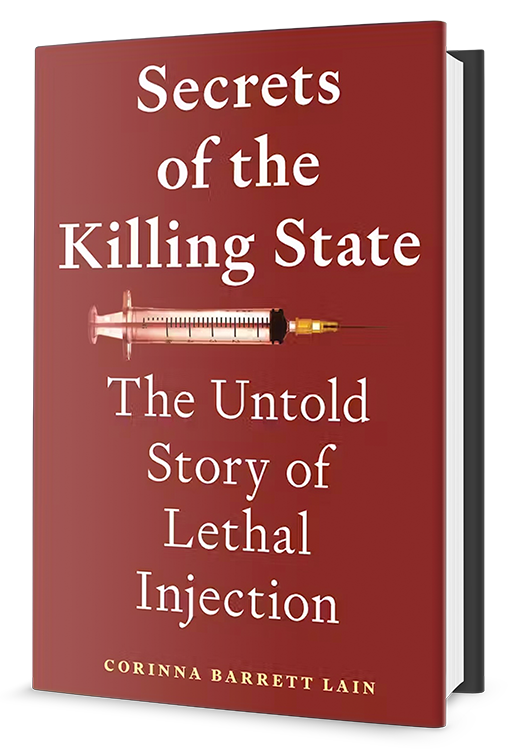I provide a Supreme Court wrap-up on my Substack. The Friday news is that the Supreme Court furthered Trump's empowerment (in a bad way) over hundreds of thousands of immigrants, with only Sotomayor and Jackson publicly dissenting.
Trump targeted Leonard Leo after one of his picks went against Trump. The lower court anti-Trump rulings include multiple "Trump judges." Trump has begun selecting some more judges. His tainting of the judiciary continues.
Emil Bove, whose follies include the Eric Adams mess, is up for a Third Circuit slot. Bove needs to be a leading target for Democrats. The fact that he was a former Trump defense lawyer is the least of his problems.
And then there are the usual ideologues, who otherwise might be reasonable selections based on minimum standards of legitimacy. Democrats should also oppose many of them.
Pardons are one of the most "royal" powers of the presidency. There are limited exceptions, including the implicit bar against self-pardons. Horrible pardons, such as for the 1/6 insurrectionists, seem "merely" horrible. Some novel arguments can be made as to why they are illegal.
Blatant bribery should also be limited. Good luck with that. Trump v. U.S. technically left open bribery prosecutions but added bogus roadblocks as if the normal prosecutorial process was not already fatally slow. Parsing the language is a bit academic.
[See also: "Of Trump’s 60 pardons or commutations unrelated to Jan. 6, about one in five of them have gone to those who have some sort of financial or political connection to him. Here is a list of those dozen recipients."]
Bove was part of the weaponization of the Trump Administration. In the administration’s first days, Bove told prosecutors to investigate and consider prosecuting state and local officials who oppose the Trump administration’s wanton approach to immigration policy.
1/6 prosecutors lost their jobs. Judge Dale Ho (the good Ho) said delaying the prosecution of Mayor Eric Adams, who is now supporting ICE prosecutions, was egregious:
The deal had to pass muster before the federal district judge trying the case, Dale Ho. It failed to do so. Judge Ho ordered the case permanently dismissed, but said that Bove had done something unique: he was unable to find another example of a prosecution being withheld to “facilitate federal policy goals,” and, Ho added, it appeared to violate “the basic promise of equal justice under law.” [TPM link]
Civil servants are support to be independent, serving the public. Trump wants loyalty oaths. Protected officials via bogus "unitary executive" theories are fired to be replaced by flunkies, including those with anti-semitic ties. The guy being chosen for the Office of Special Counsel is a chef kiss.
The firehouse of bad includes targeting those whom Biden commuted from death row. Several are being sent to harsh supermax prisons. Their ability to challenge the transfer is far from clear. When will the three still on death row be executed with extra fanfare? Probably, they would find a way to mess that up like the previous Trump executions.
I noted Trump's official Memorial Day message promoted a prayer for peace following congressional legislation. His personal message was less serene. It spoke of "scum," "USA hating judges," and "monsters who want our country to go to hell" (judges he doesn't like; he used all caps).
Look into a mirror, dude.









